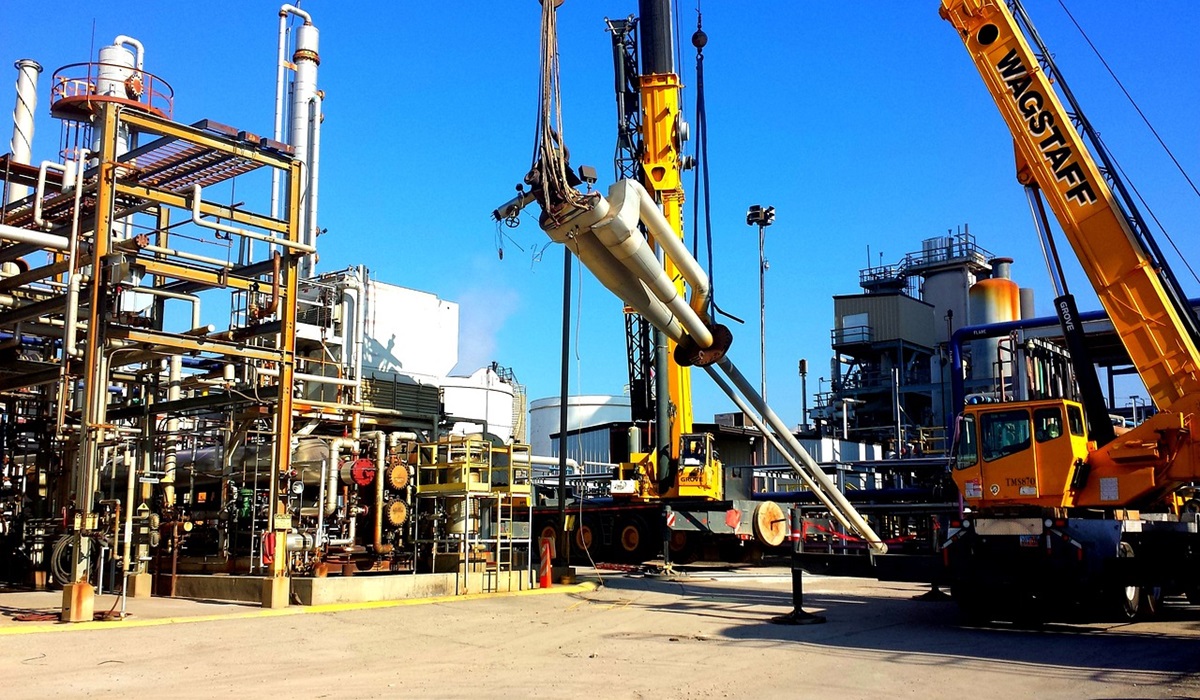Standing Strong: How Unions Safeguard Workers’ Rights in the Trade Sector
- TDS News
- Canada
- April 3, 2024

Image credit, Leeroy Agency
In an era marked by rapid advancements and continuous evolution, the trade industry stands as a testament to perpetual change. Amidst this dynamic landscape, one element remains steadfast: the indispensable role of unions in safeguarding the rights and interests of workers, particularly in the construction sector.
The construction industry is notorious for its constant motion, where projects rise and fall, and demands fluctuate with the tides of economic growth. Yet, amidst this perpetual flux, one thing remains consistent—the necessity for advocacy and protection of the labor force. Without unions, there would be a stark absence of voices advocating for the rights of everyday citizens, leaving them vulnerable to exploitation and injustice.
Unions serve as the bedrock of worker empowerment, offering a collective voice to address grievances, negotiate fair wages, ensure safe working conditions, and advocate for comprehensive benefits. In the construction industry, where labor-intensive tasks and hazardous conditions are commonplace, the presence of unions is not just beneficial but essential for the well-being of workers.
One of the primary functions of unions in the trade industry is to negotiate collective bargaining agreements that establish fair compensation and benefits for workers. These agreements ensure that employees receive wages commensurate with their skills and experience, as well as access to healthcare, retirement plans, and other essential benefits. Without such agreements, workers would be left at the mercy of employers, susceptible to exploitation and unfair labor practices.
Moreover, unions play a pivotal role in promoting workplace safety standards and advocating for the implementation of regulations to protect workers from occupational hazards. In the construction industry, where workers are exposed to various risks, ranging from falls and accidents to exposure to hazardous materials, the presence of unions is instrumental in enforcing safety protocols and holding employers accountable for maintaining a safe working environment.
Furthermore, unions serve as a vital mechanism for addressing disputes and grievances between workers and employers. By providing representation and support to workers in conflicts with management, unions ensure that grievances are resolved fairly and equitably, without fear of retaliation or discrimination.
In essence, unions are the backbone of worker solidarity and empowerment, particularly in industries like construction, where the labor force faces unique challenges and risks. Without unions, the rights and interests of workers would be left unprotected, and the balance of power would tilt overwhelmingly in favor of employers.
As the trade industry continues to evolve and adapt to changing technological advancements and market dynamics, the importance of unions remains unwavering. Their role in advocating for the rights and well-being of workers is not just significant but indispensable in ensuring a fair and equitable workplace for all. In the construction industry, where progress is measured by towering skyscrapers and sprawling infrastructure, unions stand as a beacon of hope, fighting tirelessly for the rights of the everyday citizens who build our cities and shape our world.








